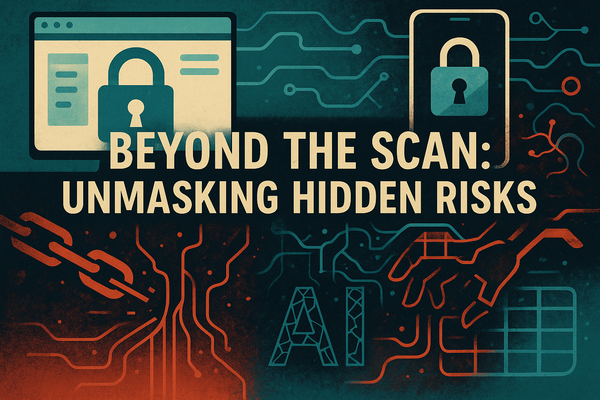Cybersecurity in Healthcare: Challenges and Opportunities

Summary: The healthcare sector is a prime target for cybercriminals, making the role of cybersecurity professionals in this industry more critical than ever. This article explores the unique cybersecurity challenges in healthcare and discusses the skills needed to tackle them effectively.
Healthcare is increasingly reliant on digital systems, from patient records and laboratory results to medical devices and telehealth services. This digitization has brought immense benefits, but it also opens up vulnerabilities that cybercriminals are eager to exploit. This article explores the unique cybersecurity challenges in healthcare and the opportunities for enhancing cybersecurity defenses.
Understanding the Cybersecurity Landscape in Healthcare
Healthcare institutions are a prime target for cyberattacks due to the wealth of sensitive data they hold and the critical nature of their services. A successful cyberattack can result in data breaches, disrupted patient care, reputational damage, and significant financial loss.
Cybersecurity Challenges in Healthcare
The healthcare sector faces several unique cybersecurity challenges:
Complex and Diverse Digital Ecosystem: Hospitals and clinics use a broad range of technologies, from electronic health record (EHR) systems and imaging devices to wearable monitors and telemedicine platforms. This diversity and complexity make it challenging to implement uniform security measures.
Legacy Systems: Many healthcare institutions operate outdated systems that lack modern security features, leaving them vulnerable to cyberattacks.
Resource Constraints: Healthcare organizations, especially smaller ones, may lack the resources to invest in robust cybersecurity measures. Additionally, the sector has a shortage of cybersecurity professionals, leaving many organizations without adequate defense capabilities.
Sensitive Data: Healthcare records contain valuable information for identity theft or fraud, making them attractive to cybercriminals. The critical nature of this data also makes healthcare institutions more likely to pay ransoms in case of a ransomware attack.
Opportunities for Enhancing Healthcare Cybersecurity
Despite these challenges, there are also opportunities to strengthen cybersecurity in healthcare:
Investment in Cybersecurity Infrastructure: Increasing awareness of cyber threats is leading to greater investment in cybersecurity measures. Healthcare organizations are realizing the need for strong firewalls, data encryption, intrusion detection systems, and other security technologies.
Staff Training: Healthcare staff can be a weak link in cybersecurity if they're not trained to identify and handle cyber threats. Regular and comprehensive training can significantly reduce the risk of successful phishing attacks or other forms of social engineering.
Regulatory Compliance: Regulations like HIPAA in the U.S., GDPR in Europe, or PIPEDA in Canada set strict requirements for data protection in healthcare. Compliance with these standards not only helps avoid legal penalties but also strengthens cybersecurity defenses.
Collaboration and Information Sharing: Healthcare organizations can learn from each other's experiences and best practices. Platforms for sharing threat intelligence, like the Health Information Sharing and Analysis Center (H-ISAC), can help preempt cyberattacks and mitigate their impact.
The Future of Healthcare Cybersecurity
The future of healthcare will see even greater reliance on digital systems and technologies, from artificial intelligence and big data in diagnostics to remote patient monitoring and virtual consultations. As these digital technologies become increasingly integral to healthcare, cybersecurity will need to keep pace, offering both challenges and opportunities for the sector.
In conclusion, the healthcare sector needs a proactive and multifaceted approach to cybersecurity. By understanding the unique challenges and harnessing the opportunities available, healthcare institutions can protect their crucial systems, safeguard patient data, and ensure the continuity of their services.





